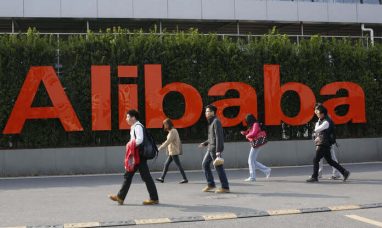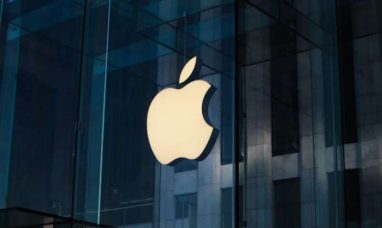Tesla (NASDAQ:TSLA) could encounter additional legal hurdles as it proposes a shareholder vote to reinstate CEO Elon Musk’s multibillion-dollar compensation plan, regardless of the outcome of the June annual meeting.
Legal experts anticipate potential challenges in Delaware courts, given the significant financial implications at stake. Approval or rejection of Musk’s compensation package may trigger shareholder derivative and class-action lawsuits.
Earlier this year, a Delaware judge nullified Musk’s compensation package, citing breaches of fiduciary duty by Tesla’s directors. Musk’s incentive-based pay, initially valued at up to $56 billion, was invalidated due to concerns over the negotiation process and lack of transparency regarding Musk’s relationships with those involved.
In response, Tesla has suggested a revote on Musk’s pay, claiming to have addressed concerns by forming a special committee and seeking independent evaluation. However, skeptics question whether the board’s actions sufficiently address issues of independence and transparency.
In addition to the compensation package, Tesla seeks shareholder approval to relocate its incorporation from Delaware to Texas, a move Musk advocated following the court’s ruling.
Legal experts caution that Tesla’s efforts to justify Musk’s compensation may not forestall further legal challenges, particularly if concerns about independence and disclosure persist. While some argue that Musk’s status as a founder could exempt him from standard peer review scrutiny, others contend that his unprecedented compensation warrants thorough examination.
As Tesla awaits the final vote tally on June 13, a Securities and Exchange Commission review could prompt additional disclosures or amendments to the proxy filing. Ultimately, the courts face the challenge of balancing shareholder interests with Tesla’s prerogatives in executive compensation decisions.









